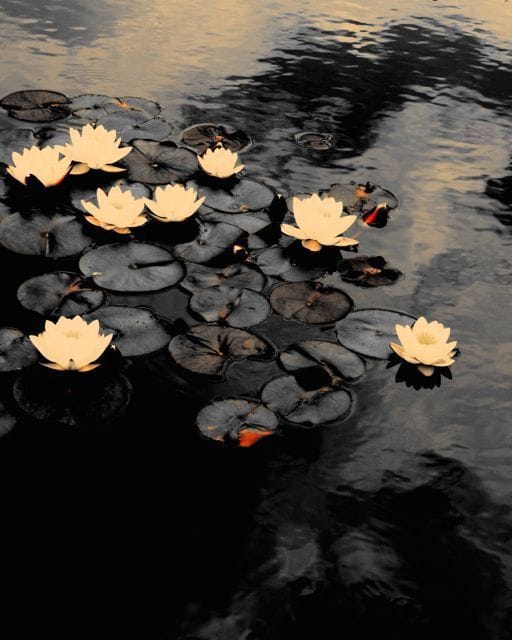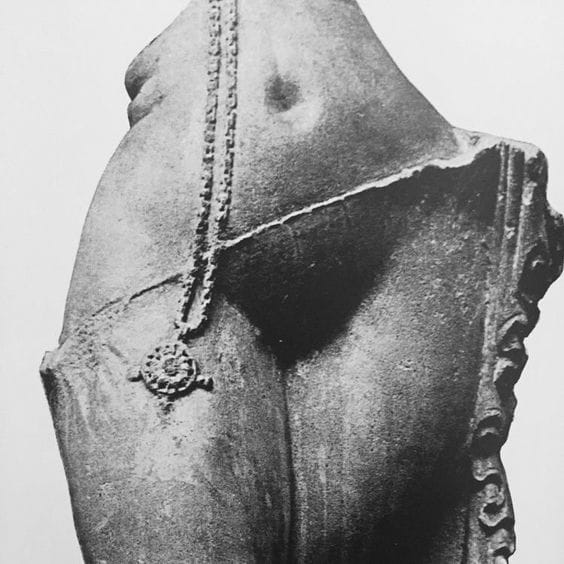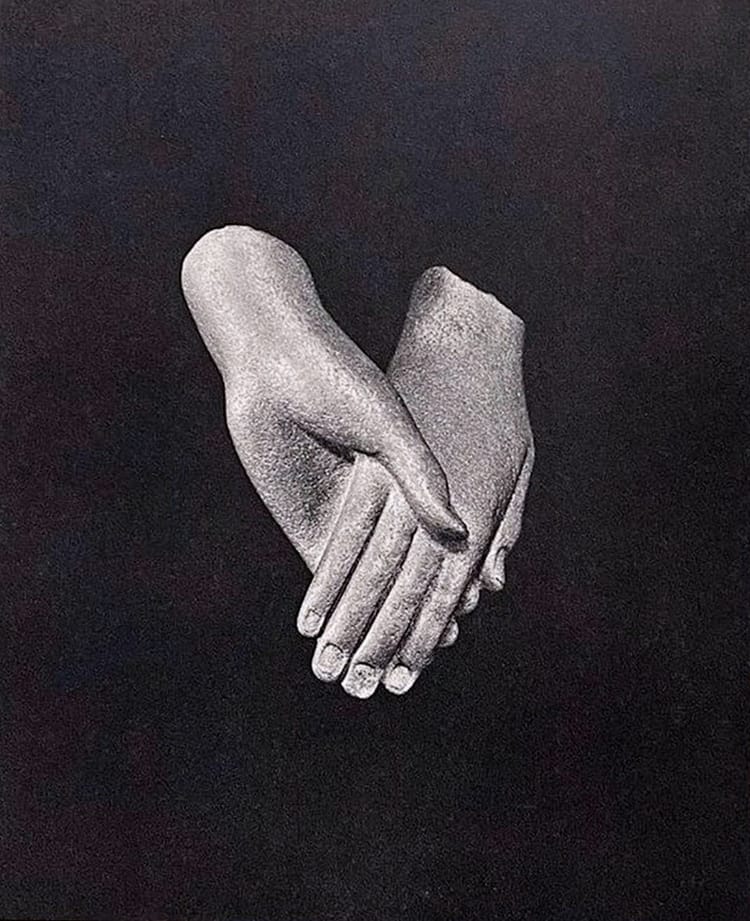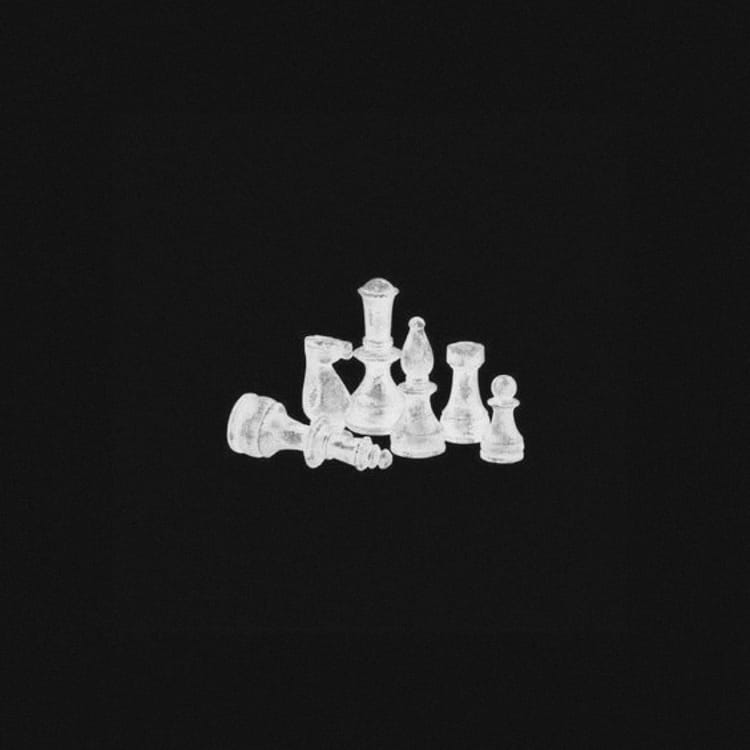Life is Not Meant To be Serious

We have been duped by the idea that living must be serious.
Duped by a picture of existence that posits that we must live within the often restrictive confines of specific value structures and sociocultural paradigms that diametrically oppose our intuition.
We've been taught that play is for children, artists, and the elderly, all of whom are largely relegated to an otherworldly, anti-utilitarian demographic and, therefore, are largely useless in a society obsessed with economic progress.
By 6 or 7, most people begin to have their perception of the world carefully curated by their parents, peers, priests, and teachers. A succession of moralities, judgements, and fears about the nature of life.
We begin to feel that the kaleidoscopic, whimsical world of childhood is wrong. Primitive. Beneath us. Guilt creeps in. We learn that play is a reward, not a state. A consolation prize for "hard work." We are conditioned and indoctrinated into a paradigm.
By adolescence, we are well and truly on our way to complete subordination to a system of checks and balances. We are socially rewarded for our "talents," competitiveness, and willingness to conform. By this age, those who don't adhere to these cultural models of success are already labelled as "outcasts."
By the conclusion of our schooling, the joyous, boundless, imaginative play of childhood has been channelled into carefully curated "appropriate" and "productive" activities such as sports or career pursuits. Meaningless play is relegated to the underdeveloped and the feminine. Both are now increasingly considered undesirable as we move into a greater society that rewards aggression and cohesive submission to a hierarchical order.
We are increasingly handed down demeaning, dehumanising value structures serving as control icons. Play has now morphed into contrived apparitions: We get high, get drunk, get laid. We climb over each other to earn money to garner love and respect from the apathetic, neurotic paternal cultural masthead.
By adulthood, play has become foreign, archaic, an Edenic memory of boundless freedom and curiosity. We watch our children exploring the world in awe and wonder, and we feel an itch that perhaps we have lost something. That perhaps we have been duped into a reductionist worldview desperate to categorise every phenomenon imaginable.
To do rather than be. To know, rather than wonder.
The modern industrial model requires the perceived linearity of time to function. It dispelled with the cyclical model used by practically every culture that existed before it to exert a monopolistic influence on the nature of reality.
With linearity comes productivity, excess, and economies: progress. Life is defamed by a series of discernable, measurable periods that can be extracted and monitored to ensure purposeful action.
Anything but using time for "progressive action" is deemed lazy and wasteful. Being without doing is largely considered indulgent and childlike. A departure from the responsibilities of adult life. We are sold into the illusion that life must be serious and that play is for the "drifters," the Peter Pans of the world, who have refused to answer society's call.
Yet, when we study the cultures of the world's indigenous peoples, it becomes strikingly evident that they devoted significant periods to play. Work was a necessity, a life-sustaining process, yet play was a life-affirming process. A sign they were connected to the cyclical mystery of creation and the fertility of their deities. Whereas modern culture traditionally views play as entertainment, our ancestors perceived play, through song, dance, and myth, as tantamount to understanding the meaningless meaning of life. To the "absurd", as Camus astutely put it.
The joyful spontaneity of childhood was revered in the shamans, and the elderly were seen as the great cultural gatekeepers of this deep wisdom. They were respected and consulted as leaders who had traversed the life cycle and returned to the childlike, spontaneous oneness with being.
We have been separated from our roots. Our intuition. We have been told we are periphery. That we are meaningless without a degree, profession, or money. We have been convinced that our passions, joys and talents are only worthy if they can be monetised and increase our social standing.
Where is our curiosity for the absurdity of experience? Where is our rapture at the complexities of a sunflower, the brilliance of an iris? We have allowed ourselves to be robbed of life's magic.
We are bookended between two unfathomable unknowns. We are all marching towards death, and before that, we must earn a living and endure desire, loss, sickness, and pain. Suffering is so profoundly, tragically human, that it is the foundational tenet of every single religion.
So, in the face of this monumental truth, play appears to be the great healing tonic. Play is an acknowledgement of the absurd. The 'Other'. It is a humbling. A refusal to degrade the human experience.
It is the thread reconnecting us to the childlike Mystery of life.





